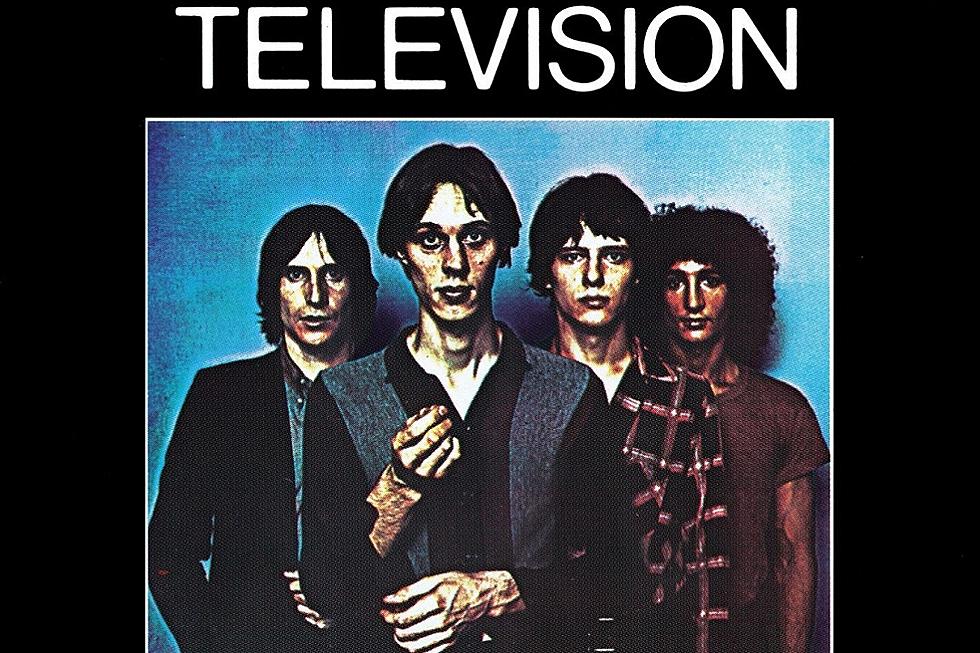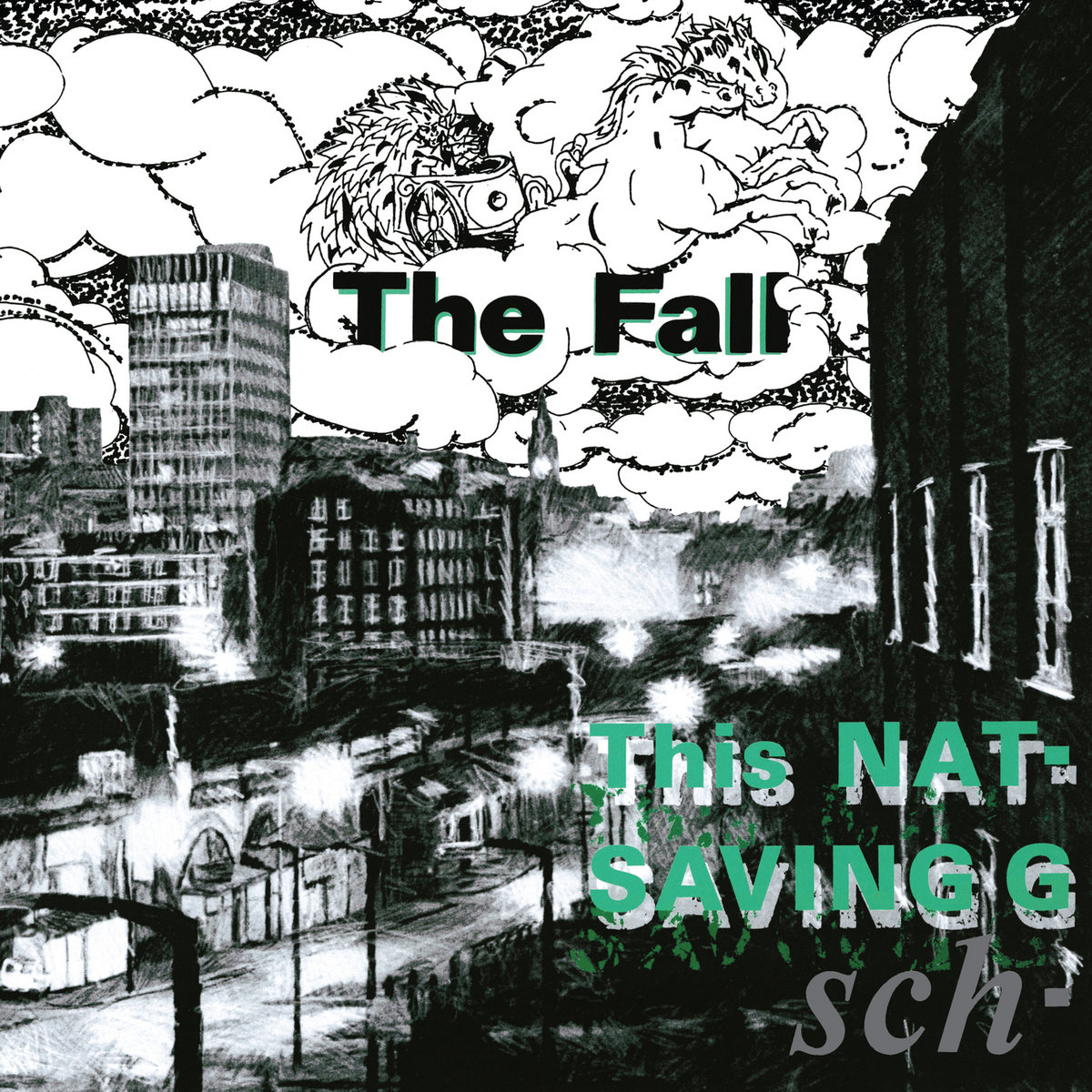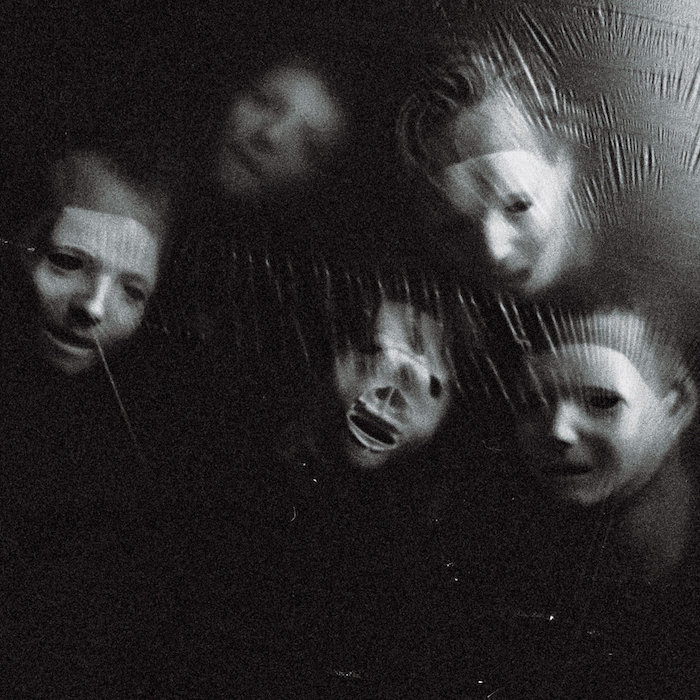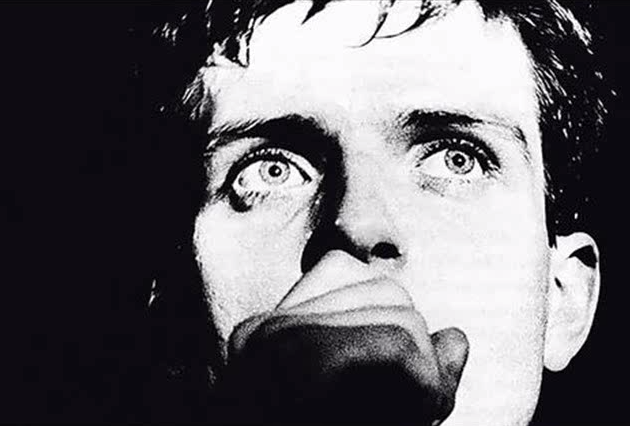Television’s Marquee Moon is a landmark album in the world of punk and alternative rock, released in 1977. With its…
Tag: post-punk
Best Post-Punk Albums Ever, Vol. I – The Fall’s ‘This Nation’s Saving Grace’
A Sonic Exploration of Chaos and Commentary: The Fall’s “This Nation’s Saving Grace” Album Review Released in 1985, “This Nation’s…
ALBUM: DITZ – ‘The Great Regression’
It’s an album you’ve gotta hear and definitely one of the best debuts of 2022. With bands like Yard Act,…
Best 50 Indie Rock Songs of March 2022
You’re probably like a lot of us – so much music, so little time to seek out, organize, stream, like,…
Best New Post-Punk Songs 2022, Vol. I
This playlist features some of our favorite post-punk tracks of 2022. Please do whatever you can in your own way…
Dry Cleaning – New Long Leg
The core speciality of Dry Cleaning is its voice. The voice, belonging to frontwoman Florence Shaw, takes on the role of an…





